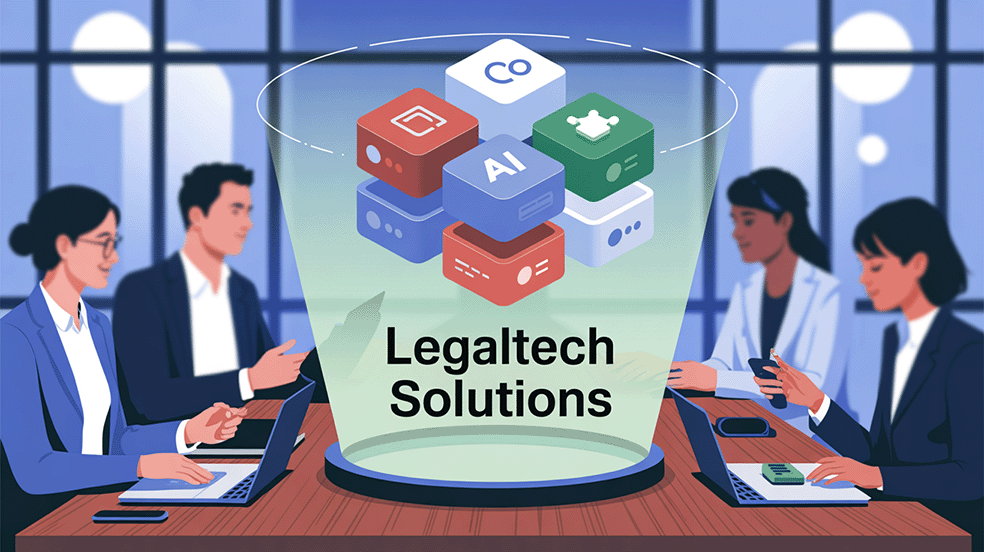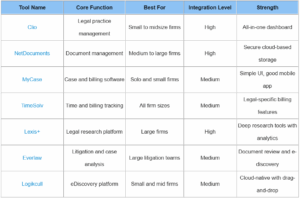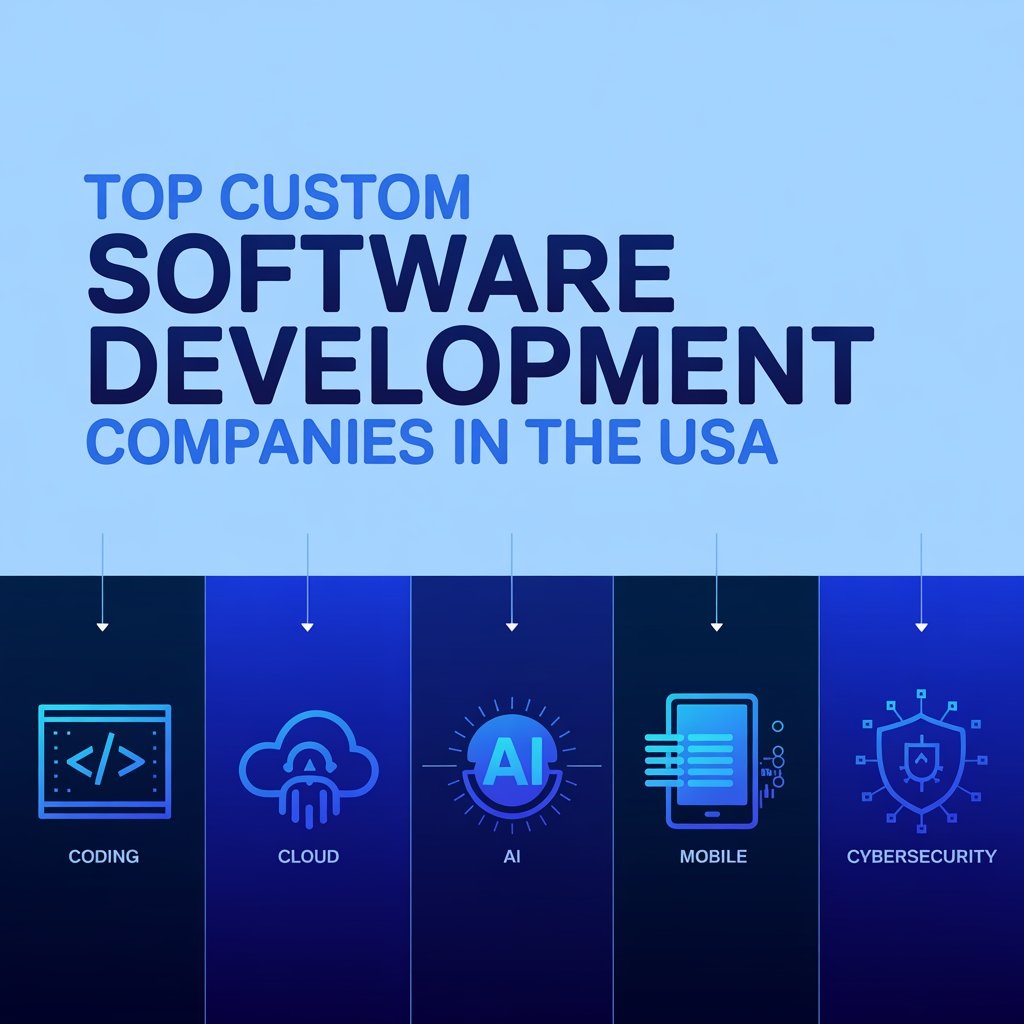Why do law firms still waste on paperwork, misplace client documents, or miss billable time because of disconnected systems? Why does it take days to prepare a simple report when everything else in the world moves in real time?
These are not just small annoyances. They cost firms money, time, and clients. Today, firms that invest in the right law firm technology and embrace technology in law firms work smarter, not longer.
Gartner now predicts the legal tech market will reach $50 billion by 2027. That’s not hype. It’s a clear signal that law firms of every size need better systems to manage work, serve clients, and reduce errors. This guide covers the real tools, how to choose them, and what modern firms actually use when deciding what tools do lawyers use, and what technology do lawyers use in a modern digital-first firm.
What Is Legal Tech? Understanding the Digital Shift in Law Firms

What is legal tech? This is a core legal tech definition: It’s software and platforms used to manage legal work, improve client service, and reduce time spent on admin tasks. It’s not just for big firms anymore. Small law firm technology is on the rise. Small practices, solo attorneys, and in-house teams all use legal technologies to improve results.
Legal tech examples cover all areas of practice, billing, case tracking, research, compliance, client intake, and document creation. Most tools are cloud-based, secure, and designed to connect with each other. If you’re wondering how do lawyers use technology, these tools are key:
- Helps lawyers manage tasks, cases, and time from one dashboard.
- Replaces email threads with secure client communication portals.
- Automates templates, contracts, and repetitive filings.
- Keeps track of changes in legal research and updates.
- Supports compliance and risk tracking in real time.
- Integrates billing and payment systems for faster revenue.
Building the right legal tech stack starts with choosing technologies that align with your firm’s workflow and compliance needs. Exploring modern development technologies can help law firms stay ahead in a rapidly evolving digital space.
Why Every Modern Law Firm Needs a Legal Tech Stack
Old systems don’t work anymore. Clients expect faster service. Teams want fewer errors. And compliance gets stricter each year.
A Wolters Kluwer report showed that 76% of legal departments now use generative AI at least once a week. This proves technology in legal industry and technology in legal sector isn’t just coming. It’s already here. A solid legal tech stack that reflects current legal technology trends and includes advanced tech for lawyers helps firms stay ahead, not just keep up.
Core Components of a Legal Tech Stack for Modern Law Firms
Modern firms need more than email and spreadsheets. A full legal tech stack connects all parts of a law practice, from intake to closing. Each layer solves a specific job, and together they improve the full process—true law office technology solutions for the digital age.
Legal Practice Management Software
This is the system that holds your firm together. It tracks tasks, deadlines, and contacts. It keeps everything moving and helps teams work together. Most also handle billing, time tracking, and workflow automation.
This is the core of your lawyer technology plan. Without it, things slip through the cracks. The best legal technology platforms give an overview of all cases, teamwork, client updates, and open tasks. They help lawyers and support staff avoid missed steps or duplicate work.
Document Management and Automation
Lawyers deal with hundreds of files, pleadings, motions, contracts, and letters. Storing them is just step one. Finding and editing them fast is what matters.
Technology for legal firms includes smart systems that tag, search, and share documents easily. Many include templates, version control, and digital signature tools. Automation can fill out standard contracts with just a few clicks. This saves time and reduces risk for virtual legal assistants.
Case and Client Management Systems (CMS)
Clients expect updates. Lawyers need to track progress. A CMS links all client notes, appointments, filings, and updates in one place. Some tools also allow secure client logins to see updates or upload documents.
Tech tools for legal case management help firms stay organized and responsive. You don’t need to check five systems or hunt through folders. Everything is linked to the client and case ID.
Time Tracking and Billing Solutions
Time is the core of a legal business. But many lawyers still lose hours each week because they forget to log time or track calls.
Modern law practice technology includes timers, call tracking, invoice generation, and payment follow-ups. Systems can link with calendar apps and emails to auto-suggest billable items. The result: better billing, fewer disputes, and faster payment cycles.
Legal Research and Knowledge Management
Research isn’t just about speed. It’s about accuracy. With new rulings and laws constantly appearing, teams need smart search tools, case summaries, and citation builders.
The best legal technologies now use AI to pull relevant cases, flag outdated citations, and even suggest arguments. Internal knowledge banks let teams reuse past work, avoid mistakes, and work smarter.
Cybersecurity and Compliance Tools
Data privacy is non-negotiable. Firms handle sensitive information daily. Even a small breach damages trust and can cause lawsuits.
That’s why technology for lawyers must include email encryption, two-factor login, secure backups, and access logs. These tools protect data and help with audits, client trust, and ethical practice.
For firms looking to scale quickly or add niche expertise, flexible staffing solutions can fill critical gaps. Options to hire skilled developers allow legal teams to build tailored tools without expanding in-house teams.
Best Tools for Lawyers and Law Firms in 2025
In 2025, law firms are expected to rely more on integrated tools that reduce manual work, improve visibility across teams, and automate repetitive legal workflows.
The tools listed below is among the most popular legal software options in line with today’s legal technology trends and law firm technology trends: Clio, NetDocuments, MyCase, TimeSolv, Lexis+, Everlaw, Logikcull.

From case management systems to secure communication tools, reliable development support is key to long-term success. LITSLINK’s full-cycle software development services help law firms implement tech solutions that improve efficiency and client service.
Choosing the Right Legal Tech Tools Based on Firm Size and Goals
Each law firm is different. Solo attorneys need simplicity. Mid-size firms want automation. Large firms need security, research, and collaboration features. Picking the wrong tool means wasted time, high costs, and poor adoption.
Studies show large language models (LLMs) now reach 92% accuracy when reviewing legal invoices. That beats the 72% rate by experienced human reviewers and reduces review costs by nearly 99.97%. This shows how smart systems and new technology for law firms can help.
Small firms should look at pricing, ease of use, and basic integrations. Large firms should prioritize compliance, workflow automation, and advanced analytics.
Ask the right questions: Does the system handle your practice area? Will it grow with your firm? How much training does it need? Does it support integrations you already use?
How to Build a Legal Technology Stack for Your Firm
Creating a working stack isn’t about having the most tools. It’s about picking tools that solve real problems and work well together.
- Start with core needs: practice management, billing, and case tracking.
- Look for tools that integrate, not just work alone.
- Set a realistic budget for both licenses and training.
- Test with a small team before firm-wide rollout.
- Choose vendors with clear roadmaps and active support.
- Keep reviewing tools as your firm grows.
Budgeting is an essential step when investing in legal tech. Using an app cost calculator offers a clear estimate for building tools like client portals, document automation apps, or secure messaging platforms.
Benefits of Using the Right Legal Tech Stack

- Improved Efficiency and Time Savings
Automated billing, research, and document tools save hours every week. Lawyers can focus more on clients and less on admin. - Better Accuracy and Fewer Mistakes
Smart templates, case tracking, and research reduce human errors. Tasks are tracked, deadlines are met, and updates are logged. - Faster Payments and Revenue Growth
Tools that manage billing and follow-ups reduce delays. Clients pay faster. Teams bill more hours. - Stronger Security and Compliance
Encrypted files, audit trails, and backup systems protect sensitive data. Tools keep your firm ready for audits. - Happier Clients and Better Communication
Client portals, status updates, and email alerts keep clients informed. That builds trust and keeps things smooth. - More Scalable Operations
As your team grows, good systems scale with you. You don’t need to rebuild every time you expand. - Clearer Insights for Better Decisions
Dashboards and reports show what’s working. You can adjust staffing, pricing, or strategy using real numbers.
The Future of Legal Tech and Digital-First Law Firms
Technology in the legal profession is evolving rapidly. Clients expect more. Teams want smarter systems. The right legal tech tools make that possible. You don’t need to go big right away. Start where the pain is. Add tools as you grow. Think about fit, not just features.
LITSLINK is your partner to help you build and launch your own legal instruments. We design systems that work with your size, goals, and practice area.
Contact us to get started today!





